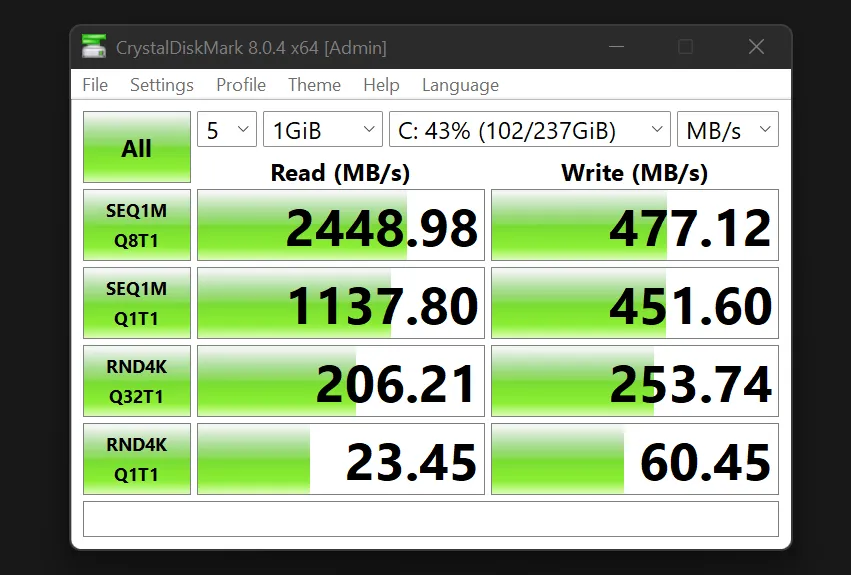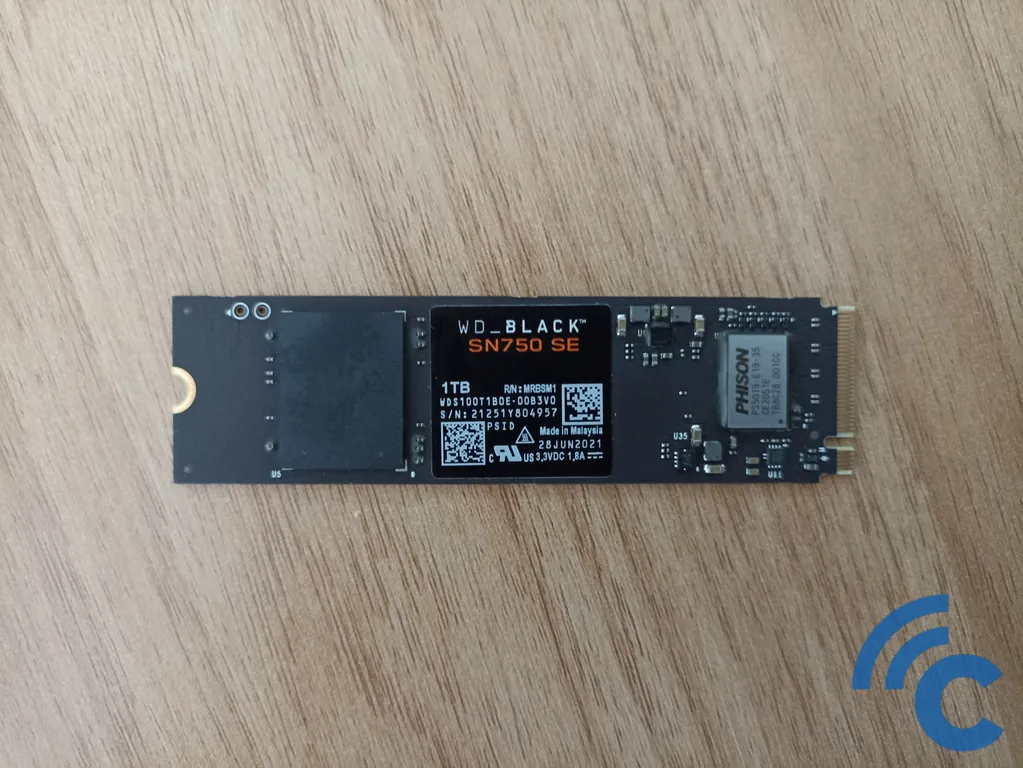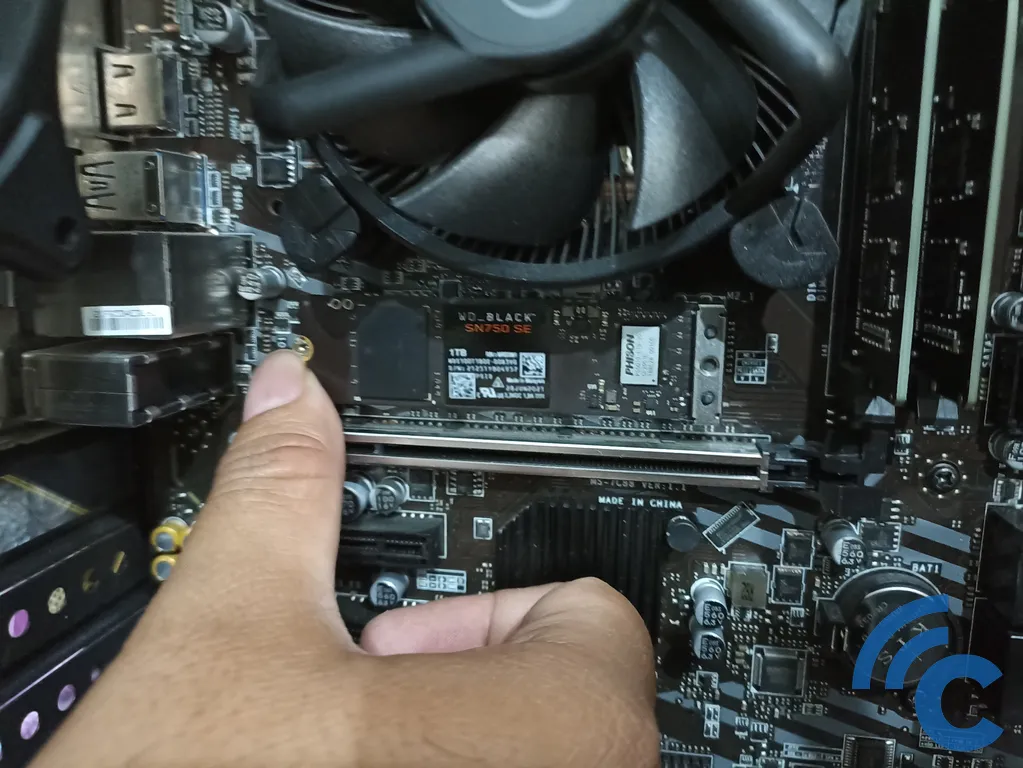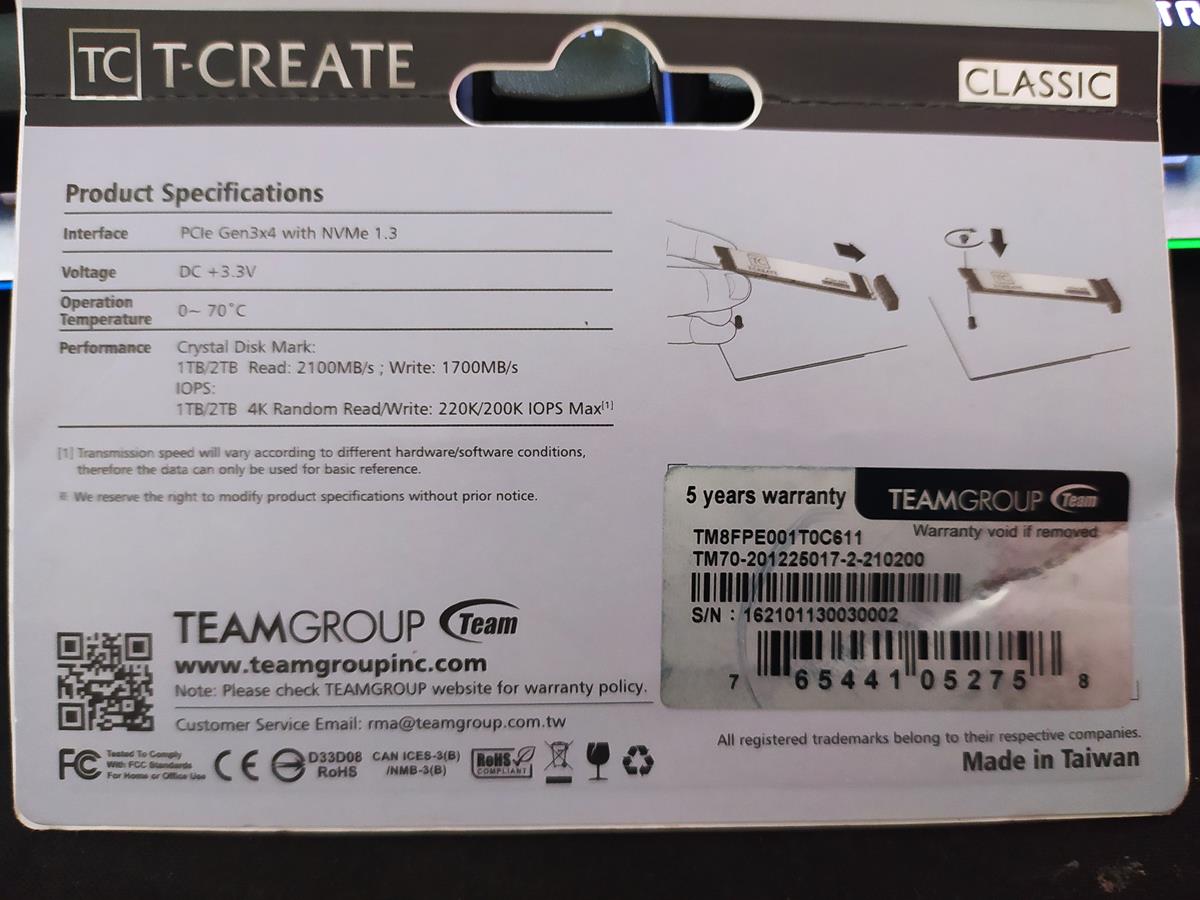Pros and Cons of Using Solid State Drive (SSD)
Are you thinking about buying an SSD but still unsure because you don't know its pros and cons? Don’t worry! We're here to help you out.
In this article, we’ll go over the strengths and weaknesses of SSDs. That way, if you’re planning to buy one, you’ll have a clear idea of what to expect before making a decision. Without further delay, let’s break down the benefits and drawbacks of SSDs.
Pros of SSDs
SSDs come with several benefits that make them more appealing than HDDs. Here are some of the key advantages:
1. Faster Performance

SSDs provide significantly faster performance than HDDs, mainly due to quicker read and write speeds. For instance, a 2.5-inch SATA SSD has a minimum speed of 400 to 500 MB/s, while HDDs typically operate at around 150 MB/s.
The speed is even higher with an NVMe PCIe x4 SSD, which can reach up to 3,000 to 4,000 MB/s. With these faster speeds, programs open quicker, and Windows boots faster.
For example, a Windows laptop with an HDD takes about 45 seconds to boot, whereas a laptop with an SSD boots in just 5 seconds. That’s a huge difference, isn’t it?
SSDs also improve multitasking performance, making switching between applications faster and more efficient.
2. No Noise

Unlike HDDs, SSDs don’t have any spinning disks, so they run much quieter. When using an HDD, you can hear the spinning noise, especially when opening a program or loading files.
SSDs are perfect for environments where noise is a concern. Additionally, SSDs are lighter than HDDs, which helps reduce the overall weight of the device they’re installed in.
3. More Energy Efficient
In addition to being quiet, SSDs are also more energy-efficient. Unlike HDDs, which have moving parts that consume more power, SSDs use less energy.
This low power consumption is especially beneficial for laptop users because it helps extend battery life, allowing you to use your device longer on a single charge.
4. Less Damage

HDDs are sensitive devices. The moving discs inside an HDD mean that it must be handled carefully. If an HDD experiences an impact, it can easily get damaged or develop bad sectors. While bad sectors can sometimes be repaired, it’s still better to have a device that’s less prone to damage.
SSDs are more durable because they use flash memory instead of moving discs. This makes them less likely to suffer from the damage common in HDDs. As a result, SSDs are ideal for portable devices like laptops, tablets, and gadgets that are frequently moved around.
Cons of SSDs
While SSDs have many advantages over HDDs, there are also some disadvantages to consider. Here are a few:
1. More Expensive

One of the main downsides of SSDs is their higher price compared to HDDs with the same storage capacity. This can be a barrier for users on a budget or those who need large storage at an affordable price.
Because of this, many people use SSDs only for their system drives, where large storage is not needed, and continue using HDDs for personal data storage.
2. Capacity
Given their higher price, SSDs don’t offer as much storage for the same cost. Although SSD storage capacities are increasing over time, large-capacity SSDs are still quite expensive, making them less economical for large data storage.
As a result, when it comes to storing large amounts of data or creating backups, people tend to choose larger-capacity HDDs.
3. Limited Lifespan

HDDs can be damaged by impacts, bad sectors, or simply because the platters become damaged. If an HDD is well-maintained and not damaged, it can last a long time.
However, SSDs have a more limited lifespan. The lifespan of an SSD is often measured in Terabytes Written (TBW). In simple terms, each time data is written to an SSD, its performance decreases. Once it reaches its TBW limit, the SSD will eventually fail.
Conclusion
SSDs are excellent storage devices with many benefits. They greatly improve the speed of reading applications, booting Windows, loading games, and even multitasking performance.
Given the advantages of SSDs, there’s no reason to hesitate in using one as your primary storage device. SSDs can significantly boost productivity and speed up computer tasks.
However, SSDs are not the best choice for data storage on their own. For large data storage, an external HDD with a higher capacity is a better option. Therefore, SSDs are ideal for system drives, while HDDs are better for storing data.
Interested in buying an SSD?
